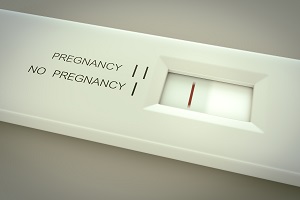Smog could adversely affect female fertility. The discovery comes from the Universities of Modena and Reggio Emilia. The researchers measured the levels of antimullerian hormone in 1318 Modenese women. From what has emerged, the more polluted the air, the lower the levels and the lower the chances of conceiving.
The antimullerian hormone is released from the cells of the ovary and is linked to the number of available oocytes. The researchers compared the levels of the hormone with those of fine particles in the air. At the same age, women exposed to greater quantities of pollutants were less fertile than those less exposed. It is therefore likely that air quality will affect your chances of getting pregnant. Dr. Antonio La Marca presented the results of the study at the European Society of Human Reproduction and Embryology Meeting, held this year in Vienna. According to the researcher, living in a highly polluted area is associated with a marked reduction in reproductive capacity.
Smog could accelerate the loss of eggs useful for reproduction even two or three times. The study offers interesting ideas, but needs confirmation. Furthermore, the researchers did not measure women's individual exposure: they were based on general data. However, the discovery could explain some cases of unexplained female infertility and early menopause. This although it does not offer immediate solutions.
Source: newscientist.com
















